ACCESSIBLE
HEALTHCARE
$35 Per Visit

On-Demand Acute Care and General Health
On-Demand 24/7 • Save Time with Async Communication
Healthcare on Your Time
Skip the waiting room
See a qualified provider today from wherever you are.
Feeling under the weather, or just want a quick check-in? Our telemedicine service puts you in touch with a licensed provider in minutes - not hours or days. For a flat fee of $35, you'll complete a simple intake, get a medical review, and walk away with clear next steps and a prescription if needed. Because your time matters.
Get Started in 3 Easy Steps

Intake Form
Review

Submitted
Telemedicine Covered Conditions:

Let our family take care
of your family for less.
If you're needing to speak with a provider and prefer to stay at home, we have you covered. Urgentcare.com offers fast, 24/7/365 provider communication. If you're having severe symptoms or need fast relief, talk to a certified provider who can send a prescription to the pharmacy of your choice.
Your Urgentcare.com provider can also help determine if something else is going on.




